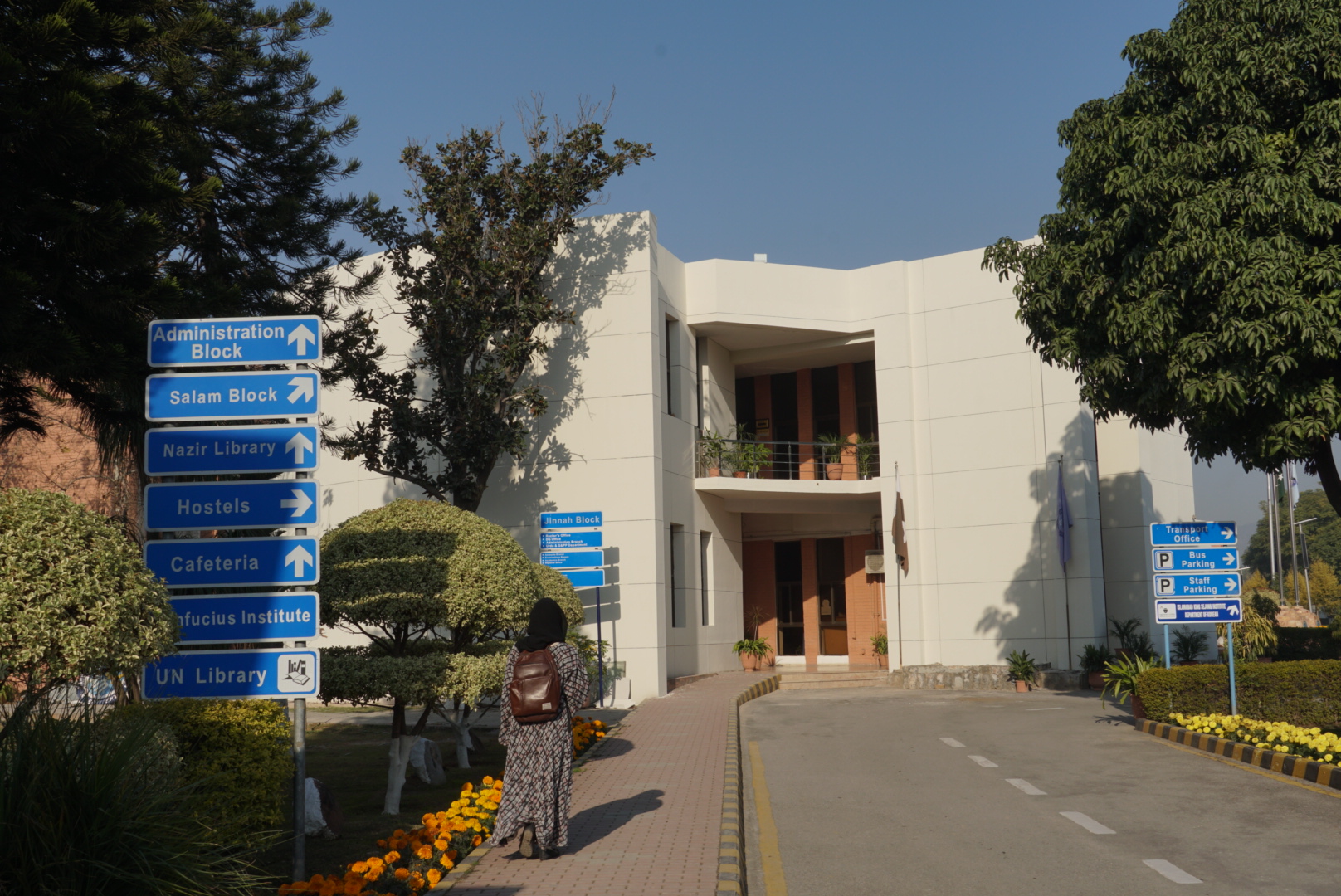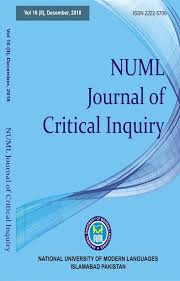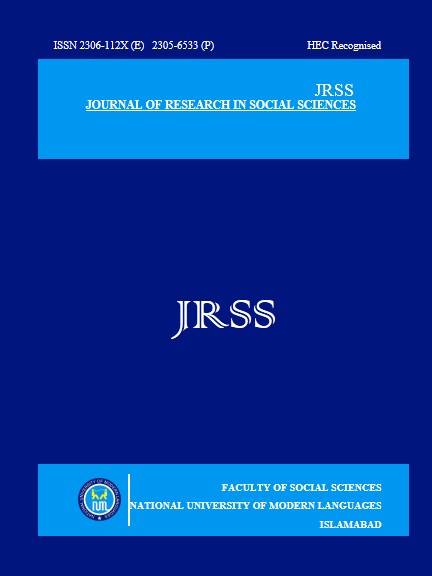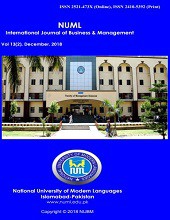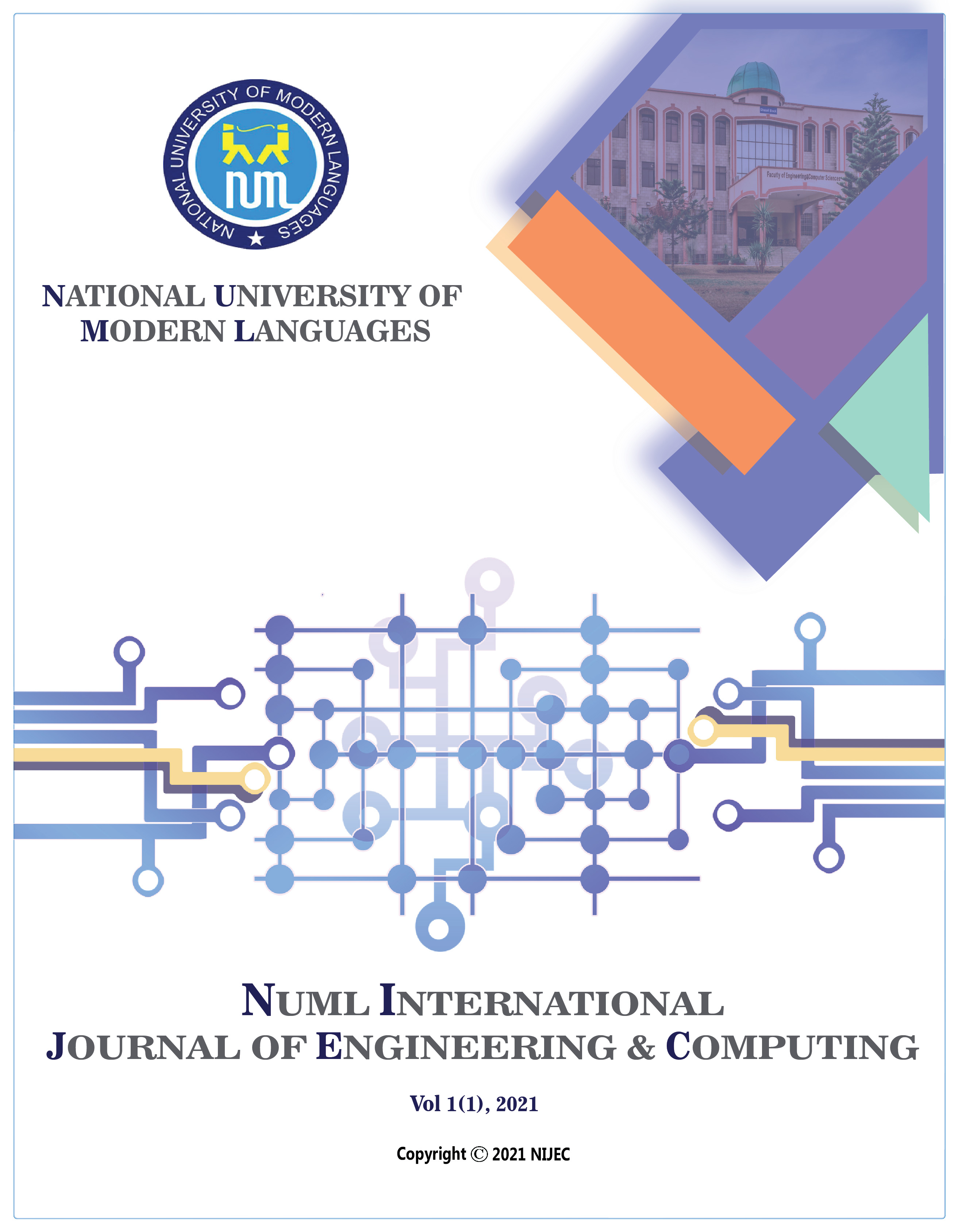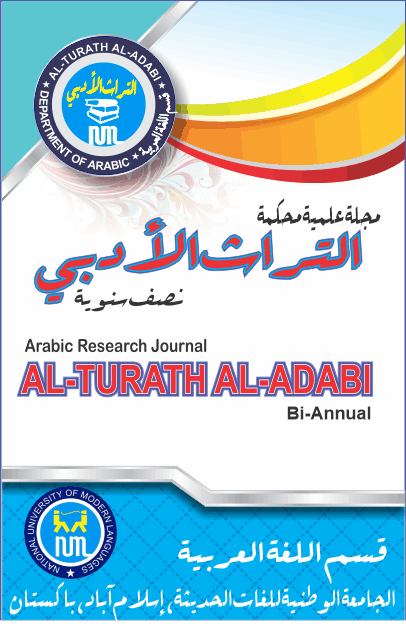Program Information
| Duration | : | 2 |
| Level | : | MS |
| Shift | : | Evening |
| Credit Hrs | : | 30 |
| Semester | : | 4 |
Similar Programs
MASTER IN SOFTWARE ENGINEERING
Overview:
The objective of the MS-Electrical Engineering Program is to provide motivation and a conducive environment to the researchers and engineers from the Electrical Engineering domain so that they can enhance their productivity and research skills to meet the market demands and latest trends in research.
Core Courses (Mandatory)
- Advanced Mathematical Methods
- Research Methodology
Specialization Area
- Computer Systems
- Networks & Communications
- Signal Processing
- Micro-electronics
List of Electives
Advanced machine Learning (GE)
Evolutionary Computing (GE)
Neural Networks (GE)
Big Data Analytics (GE)
Ad-hoc & Sensor Networks
Advanced Computing Technologies
Advanced topics in Computer Systems
Cellular and Mobile Networks
Advanced Digital Communication
Advanced topics in Networks & Communications
Statistical Signal Processing
Computer Vision
Advanced topics in Signal Processing
NANO Technology
MEMS and Micro-machining
Advanced topics in NANO technology
Eligibility:
BE/BS Engineering in (Electrical / Electronics / Computer System / Telecom) or related discipline with minimum CGPA 2.0/4.00 in semester system or 60% marks in annual system. PEC registration is mandatory.
The GAT-General conducted by the National Testing Service with a minimum 50% cumulative score will be required at the time of admission to the MS-EE Program. The GAT-General test is valid for a period of two years or Applicants must pass the NUML entry test for the MS-EE program with a minimum of 50% cumulative score.
Courses:
| S.No | Course Code | Subject | Credit Hours |
|---|---|---|---|
| 1 | MSSE | Advanced Requirements Engineering | 3-0 |
| 2 | MSSE | Advanced Software System Architecture | 3-0 |
| 3 | MSSE | Research Methodology | 3-0 |
| 4 | MSSE | Software Testing and Quality Assurance | 3.0 |
| 5 | MSSE | Software Risk Management | 3-0 |
| 6 | MSSE | Advanced Software Project Management | 3-0 |
| 7 | MSSE | Thesis I | 3-0 |
| 8 | MSSE | Thesis II | 3-0 |


